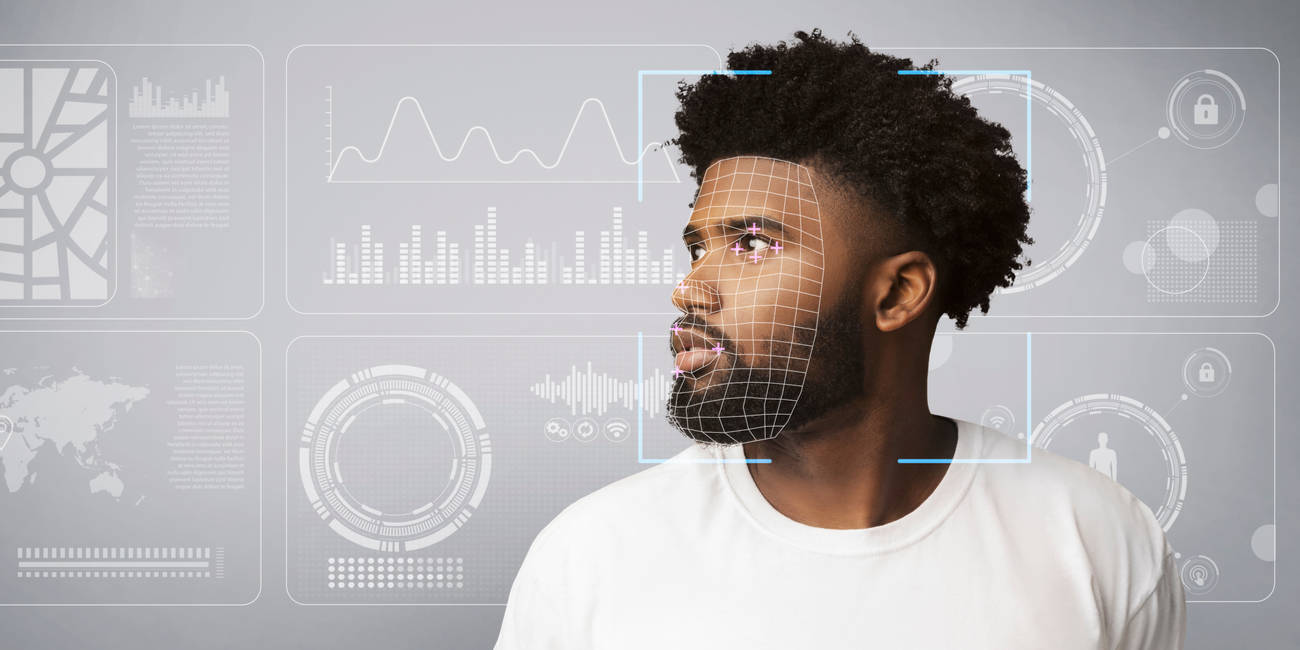
""For the latest and best-performing models, standardized evaluations now report figures as high as 99.95 percent accuracy. Out of context, these numbers suggest that facial recognition has progressed to be extremely accurate. But there's a problem: these near-perfect numbers fail to reflect reality. Facial recognition appears to be significantly less accurate in real-world settings.""
""The evaluation fails to reflect real world conditions, where images may be blurred or obscured. Furthermore, the data sets used are too small, leading to a greater chance of misidentification.""
Facial recognition technology is often assessed through laboratory benchmark tests, but real-world performance can significantly differ. Academics argue that the US National Institute of Standards and Technology's benchmarks do not accurately reflect real conditions where images may be obscured. Additionally, small data sets used for these evaluations increase the risk of misidentification and fail to represent diverse demographics. These shortcomings have led to repeated failures in practical applications, including wrongful arrests and misidentifications.
Read at Theregister
Unable to calculate read time
Collection
[
|
...
]